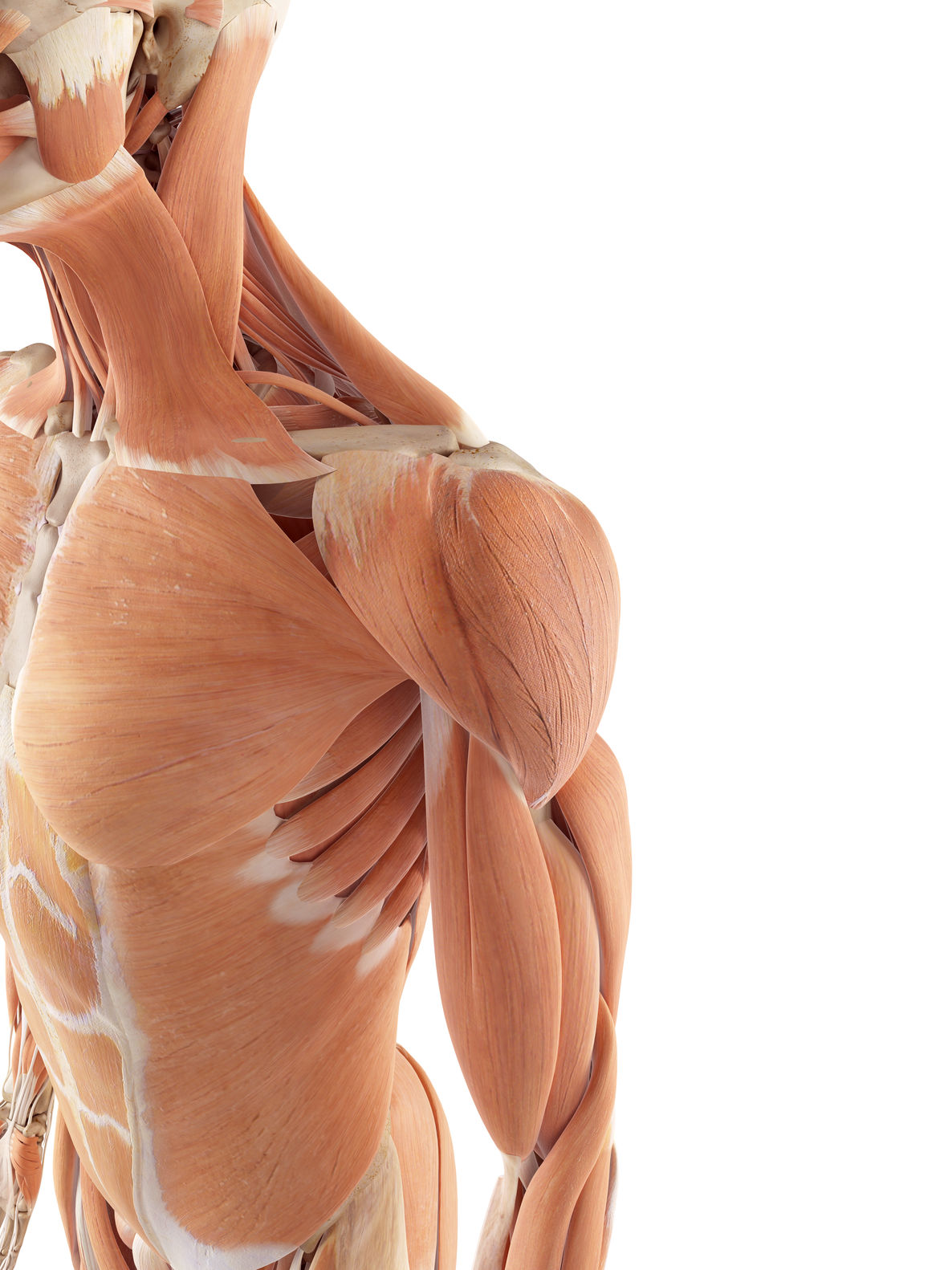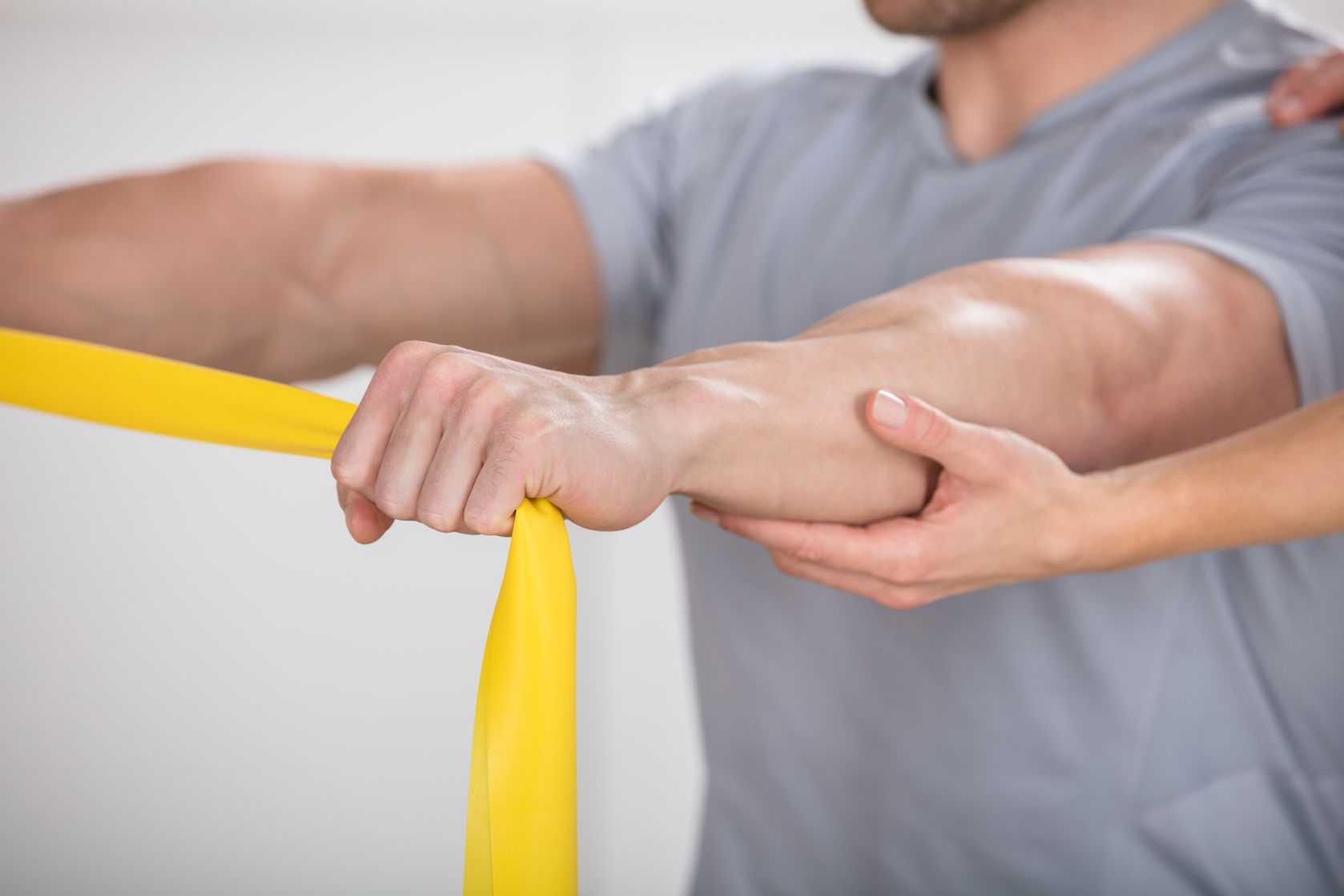The Rotator Cuff & Shoulder Mobility
It seems like most people know what the rotator cuff is, probably because it is so commonly injured. The cuff is a critical part of the shoulder complex. It is a group of 4 muscles that work together to keep the head of the humerus centered in the socket or ‘glenoid’ of the glenohumeral (GH) joint.
The GH is a highly mobile joint which allows movement in multiple planes – allowing us to push, pull and reach; it has the greatest range of motion of any joint in the body.
Obviously this is very helpful, and we must preserve as much freedom of movement as possible, but it does come at a cost. This joint achieves its mobility at the expense of stability, which is why it is renowned for dislocations.
Many rotator cuff issues relate to poor joint stability and GH control. This instability is often secondary to muscular weakness; if the movement of the humeral head is not well controlled, it can cause excessive strain on the rotator cuff muscles leading to tendinopathies and impingement syndromes. It can also increase the chance of cartilage injuries and dislocations.
At the other end of the spectrum, problems can occur with a loss of GH motion, or when there is joint stiffness. This can result from an injury or as a result of long periods of limited use. The phrase ‘use it or lose it’ is certainly true of the GH joint and rotator cuff. Prolonged periods sitting at our desks and failure to use our full range of movement can lead to joint stiffness and rotator cuff degeneration and irritation.
Watch this video to see some of the simple ways we can help you restore strength and mobility to the GH joint and rotator cuff muscles:


When people come to our clinic complaining of shoulder pain there are a range of things that we take into consideration. By taking an holistic approach to shoulder pain and dysfunction we ensure that all relevant factors are assessed to create a full picture of what is going on. It is important to address movement dysfunctions in the thorax and neck, the scapulothoracic joint and even lower down the arm to ensure we prescribe the most effective treatment and give you the quickest recovery possible.
To find out more about how to better treat and rehabilitate your specific shoulder pain, please call 03 8370 3044 or book online to see one of our Osteopaths; click here.
Want to know more?
You can learn more about our approach to shoulder pain and improving shoulder function by checking out blogs in the MOH shoulder series;
- What’s wrong with my shoulder?
- Osteopathic treatment for the shoulder
- Pilates for shoulder strength & stability
- Building shoulder strength
- Myotherapy and shoulder blade pain
For more information, ideas and exercises check out our Health Tips blog.



